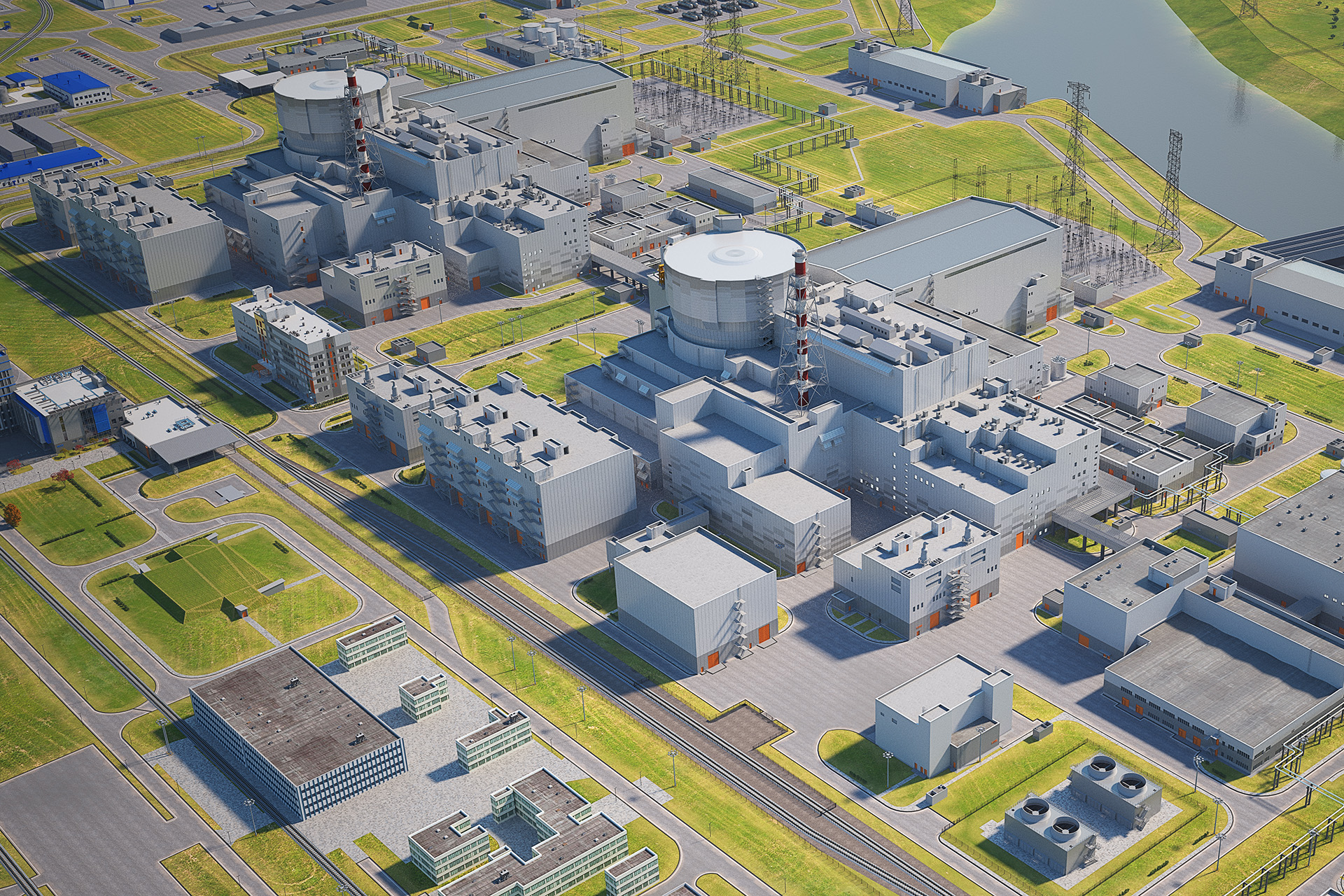 Hungarian Foreign Ministry Peter Szijjártó said on his Facebook page that the European Commission (EC) had approved the changes made by Hungary and Russia to the documents on the Paks II NPP project, which will allow the construction of two new nuclear reactors with the participation of Rosatom to continue. "The European Union has approved changes to contracts for the construction of new power units at the Paks nuclear power plant. The amendments have received a green light from the European Commission, and this will allow the power units of the Paks nuclear power plant to be commissioned in the next decade,” he said. “At the same time, the highest nuclear safety standards will be applied during construction.”
Hungarian Foreign Ministry Peter Szijjártó said on his Facebook page that the European Commission (EC) had approved the changes made by Hungary and Russia to the documents on the Paks II NPP project, which will allow the construction of two new nuclear reactors with the participation of Rosatom to continue. "The European Union has approved changes to contracts for the construction of new power units at the Paks nuclear power plant. The amendments have received a green light from the European Commission, and this will allow the power units of the Paks nuclear power plant to be commissioned in the next decade,” he said. “At the same time, the highest nuclear safety standards will be applied during construction.”
Szijjártó noted that Hungary had received a positive response from Brussels regarding amendments to the financial and technical documents for the Paks II project, which were agreed upon in April during his visit to Moscow. Changes were required due to the fact that the agreements were originally concluded in 2014 and since then there have been “life and technological changes”. He stressed that the construction of two new units at Paks is extremely important for Hungary, as "it is a long-term guarantee of its energy security”.
He said the recent months had proved that that countries that can produce as much of their own energy as possible will be the most secure in the coming period.
Hungary’s natural resources and geographical position make nuclear energy the most suitable to protect the country from the uncertainties of the international markets, he said. This makes it important for the new blocks to be completed as soon as possible, he added. He emphasised that the new Paks investment guarantees the long-term security of Hungary’s energy supply. “The new Paks investment ensures the preservation of the achievements of reducing utility costs and maintaining the lowest prices in Europe for the Hungarian people,” he said.
The Paks II project was launched in 2014 by an inter-governmental agreement between Hungary and Russia for two VVER-1200 reactors (units 5&6) to be supplied by Rosatom. The contract was supported by a Russian state loan to finance the majority of the project. The Hungarian Atomic Energy Authority issued the licence for the units in August 2022. In December, the Hungarian parliament approved the extension of the life of the four existing VVER-440 power units at the Paks NPP for another 20 years. The current life of the station's nuclear reactors would have ended in 2032-2037, and now it is assumed that they will work until at least 2052-2057. Paks currently provides half of all generated and one third of the consumed electricity in Hungary.
According to Rosatom Director Alexey Likhachev, the Paks project is very important and they want to implement it even faster than planned. “Despite the pandemic and the sanctions, Rosatom’s specialists have not stopped the construction of the Paks NPP in Hungary for a single minute,” he told the Nevsky International Environmental Congress. He said Russia’s Hungarian partners “want to move the project forward even faster so that the country has its first unit by the end of the decade”. He added: “This requires some organisational and legal efforts. We will do our utmost not to let our colleagues down.”
Image courtesy of Paks II






